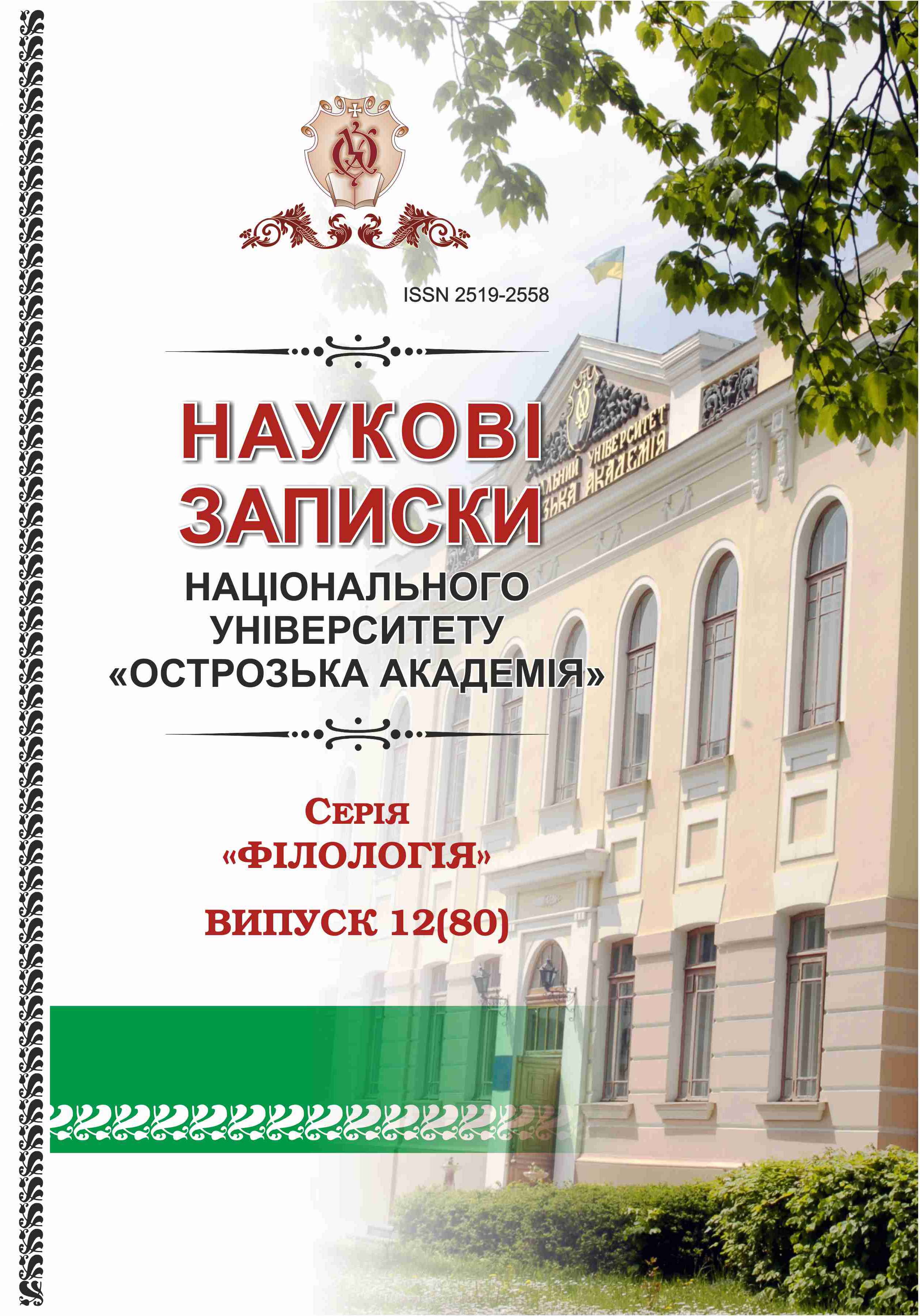ІНШОМОВНА ПІДГОТОВКА ЗДОБУВАЧІВ ВИЩОЇ ОСВІТИ ДО ПРОФЕСІЙНО ОРІЄНТОВАНОЇ МІЖКУЛЬТУРНОЇ КОМУНІКАЦІЇ
Ключові слова:
іншомовна підготовка, професійно орієнтована міжкультурна комунікація, соціально-психологічні передумови, іноземна мова професійного спрямування, вторинна мовна особистістьАнотація
У статті розглядається проблема іншомовної підготовки студентів непрофільних спеціальностей до професійно орієнтованої міжкультурної комунікації з урахуванням особливостей перебігу процесу комунікативної міжкультурної взаємодії; аналізуються психологічні чинники, які впливають на ефективність іншомовної міжкультурної комунікації; описується специфіка процесу іншомовної міжкультурної комунікації та особливості формування нової культурної свідомості, або вторинної мовної особистості; визначаються соціально-психологічні передумови іншомовної підготовки студентів до професійно орієнтованої міжкультурної комунікації; акцентується увага, що процес професійної іншомовної підготовки має бути спрямований на розвиток і самовдосконалення особистості, на розкриття її резервних можливостей і творчого потенціалу, на формування соціально активної і самостійної особистості в контексті діалогу / полілогу культур.

